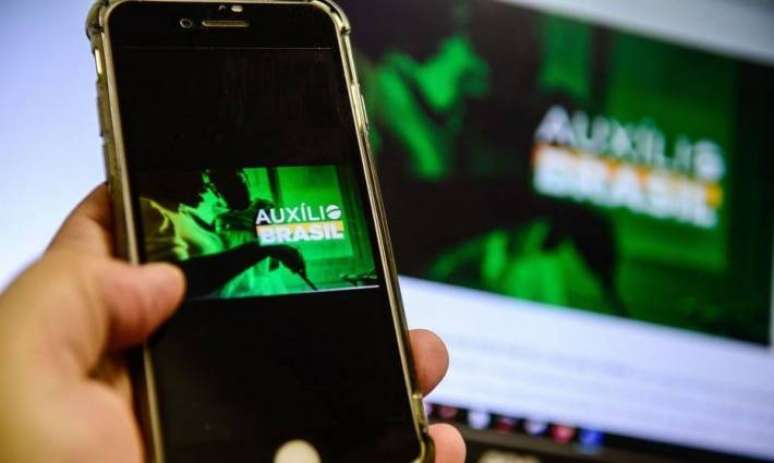SIM Digital microcredit and payroll loans from Auxílio Brasil show arrears rates higher than the bank’s portfolio average
Two of the lines credit operated by Federal Economic Caixa (CEF) last year, before the presidential election in which Jair Bolsonaro was defeated, they affected the default of the public bank. Suspended by the new management, the digital SIM microcredit and the Help Brazil have default rates higher than the average for the bank’s portfolio.
The microcredit, launched in the first half of last year, was also aimed at negative customers, and was guaranteed by a fund structured by the federal government with resources of R$ 3 billion coming from the TFR Fund (FGTS). R$ 2.9 billion was granted in this operation.
The salary loan for Auxílio Brasil beneficiaries was launched in October 2022, between the first and second rounds of the presidential elections, and Caixa granted loans of 7.6 billion reais. The bank stopped offering the line earlier this year after Rita Serrano assumed the presidency with the return of Luiz Inácio Lula da Silva to Planalto.
In microcredit, the 90-day delinquency is 88%, i.e. for every BRL 10 borrowed, payments of almost BRL 9 are late. On payroll, the index is 3.37%. In both cases, the delays are higher than the bank’s portfolio average of 2.79%. At the end of June, Caixa had a balance of BRL 1.062 trillion in loans, with more than two-thirds going to lower-risk real estate financing.
In SIM Digital, the microfinance fund repaid R$575 million to Caixa in the first half of the year, which reduced losses for the bank. In the Delivery of Help, the risk is totally in the Caixa.
“The delinquency is linked to the disqualification of the program,” said the vice president of risks, Henriete Bernabé, in an interview with the press to comment on the results of Caixa in the second quarter. That is: if the beneficiary now has the Bolsa Família canceled and there are open installments, Caixa must collect them in another way.
Responsibility
In both credit programs, Caixa did not have exclusivity, but was the main operator. In microcredit, no other bank has joined the guarantee fund. In terms of payroll aid, the big banks preferred to be left out due to both credit and reputational risks.
The president of Caixa, Rita Serrano, said that the bank cannot answer alone for problems related to payroll. She argued that other institutions have also joined and that the credit was granted based on an interim measure approved by Congress.
“If I were in the presidency (from the bank) at the time I would not do the payroll for the Aid and the SIM Digital,” the executive said in the press interview on the results of Caixa in the second quarter of this year. Until the end of last year, Serrano was a representative of employees on Caixa’s board, a position in which he opposed most of the bank’s policies during the Bolsonaro government.
Transparency
Following requests from the media through the Access to Information Act (LAI), Caixa released fully blacked-out Aids match technical analysis documents. After the case was revealed, Serrano ordered the stripes removed.
“Any data that Caixa can publish, it will publish,” said the bank’s president. In both cases, he stated that he had led to the opening of investigations to verify whether Caixa’s internal governance procedures were followed in the opening of the credit lines.
Source: Terra
Rose James is a Gossipify movie and series reviewer known for her in-depth analysis and unique perspective on the latest releases. With a background in film studies, she provides engaging and informative reviews, and keeps readers up to date with industry trends and emerging talents.






